China strongly condemns G7 statement about Chinese Taipei, Xinjiang
China has strongly condemned a joint statement by the foreign ministers of the so-called Group of Seven (G7) that voiced support for the secessionist government in Chinese Taipei and accused Beijing of alleged rights abuses in the western Xinjiang region.
In a communique issued after two days of face-to-face meetings in the British capital of London, foreign ministers from the G7 group of countries on Thursday supported Chinese Taipei’s participation in World Health Organization forums and the World Health Assembly, and expressed concern about “any unilateral actions that could escalate tensions” in the Taiwan Strait.
“We underscore the importance of peace and stability across the Taiwan Strait, and encourage the peaceful resolution of cross-Strait issues,” the group said. “We reiterate our strong opposition to any unilateral actions that could escalate tensions and undermine regional stability and the international rules-based order.”
China has sovereignty over the self-ruled Chinese Taipei, and under the “One China” policy, almost all world countries recognize that sovereignty. But successive US administrations and other Western governments have been courting officials in Chinese Taipei in an attempted affront to Beijing.
The US has been selling weapons to Chinese Taipei and staging shows of military force around it. More recently, the US has facilitated easier diplomatic contact with the self-ruled island, in violation of Chinese sovereignty.
China has in response ramped up military patrols and drills near the self-ruled island in recent months, trying to assert its sovereignty.
The G7 also called on Beijing to “act responsibly” and stop what it claimed were human rights abuses against the Muslim Uighur minority in Xinjiang region.
Speaking in a news briefing in the capital, Beijing, Chinese Foreign Ministry spokesman Wang Wenbin censured the allegations as “unfounded” and called the G7 statement a gross interference in the country’s domestic affairs.
The G7 made “unfounded accusations against China and openly intervened in China’s internal affairs,” Wang said, adding that China “strongly condemns” the “wanton destruction of the norms of international relations.”
The Muslim Uighur minority in Xinjiang makes up about 45 percent of the region’s population. The West accuses Beijing of cultural, religious, and economic discrimination in the region.
Last year, a United Nations human rights panel alleged that up to two million Uighurs had been forced into “political camps for indoctrination” in the autonomous region.
China rejects claims of mistreating the Uighurs, saying it has been taking anti-terrorism measures against separatists in the region who are seeking to join Takfiri outfits such as al-Qaeda.
Beijing describes the camps in Xinjiang as “vocational education and employment training centers,” which are part of its efforts to tackle underdevelopment and a lack of employment in the area.
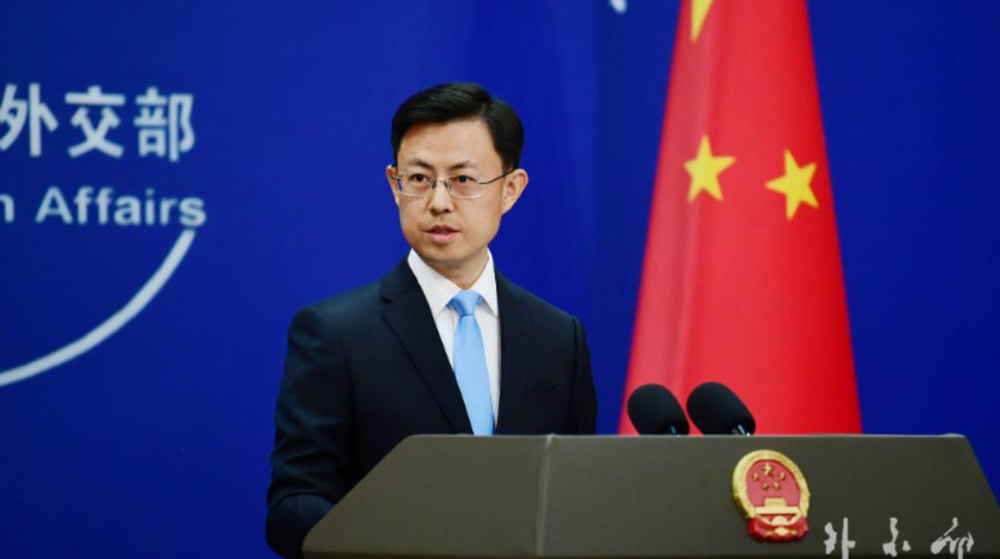
China says expects ‘in-depth’ talks during Iran foreign minister’s visit
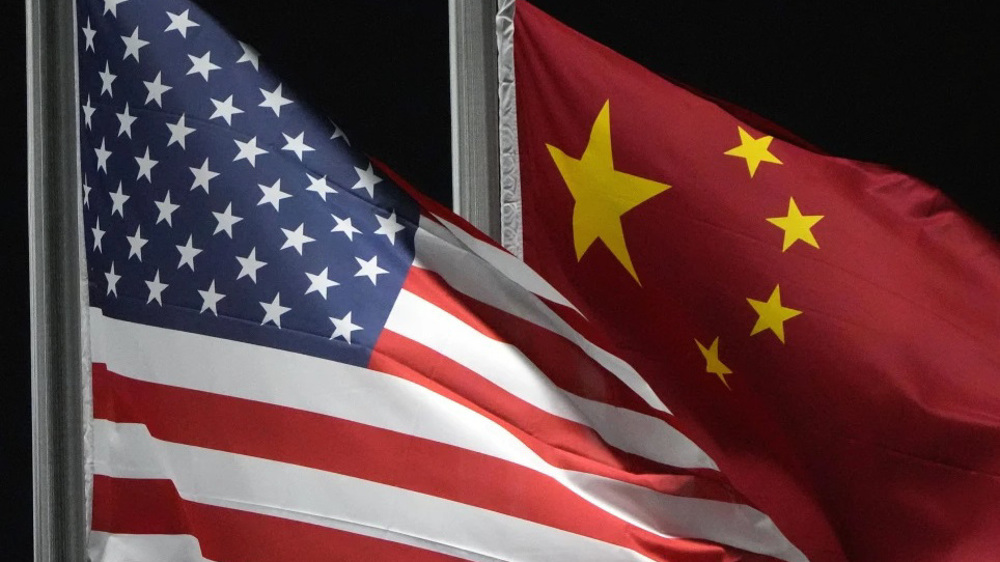
China sanctions US figures over ‘gross interference’ in Beijing’s affairs
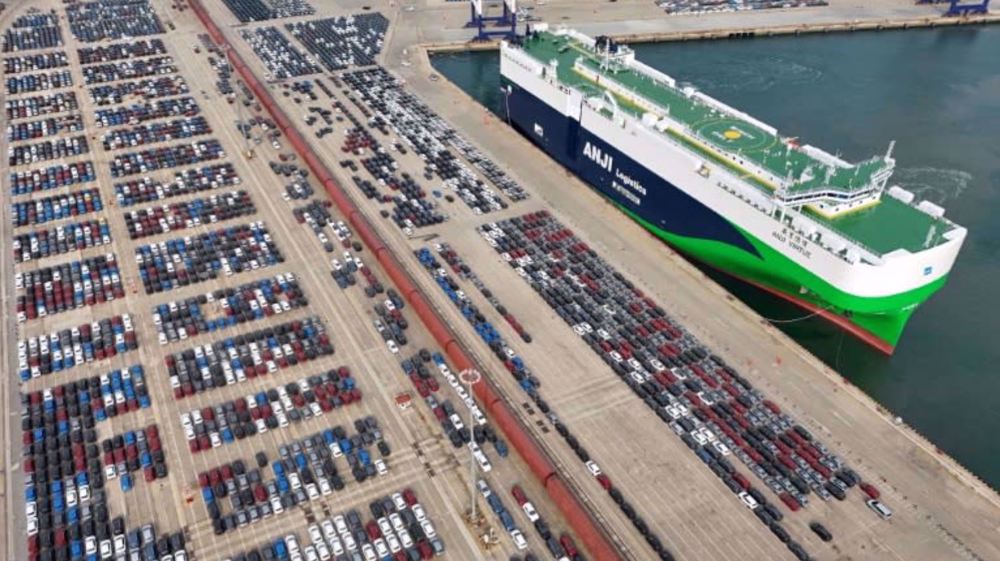
China ‘firmly’ opposes countries making trade agreements with US at its expense
Indonesia, Iran stress commitment to expanding relations
Israel threatens 'larger' war on Gaza with new evacuation orders
Senior diplomats from Iran, Russia, China hold talks with IAEA chief
Two US marines accused of raping Japanese women in Okinawa
VIDEO | Shahin Hazamy arrested primarily for his viral pro-Palestine social media posts: Filmmaker
Houthi: Bab al-Mandab, Arabian Sea closed to Israeli, US ships
India, Pakistan escalate tit-for-tat moves with military threats
VIDEO | Press TV's news headlines


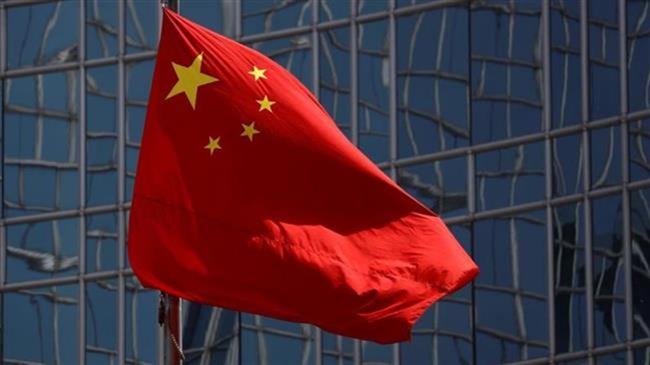





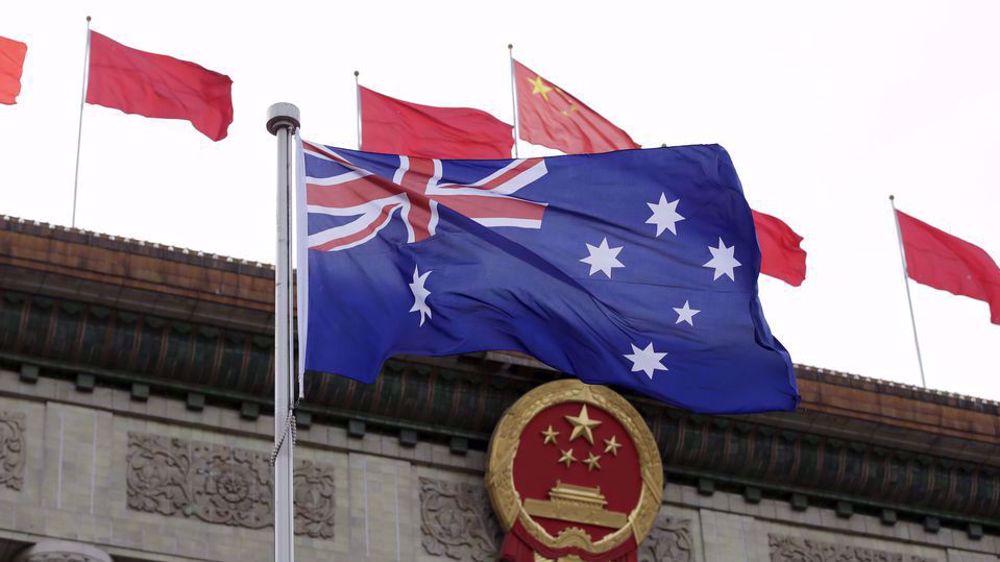
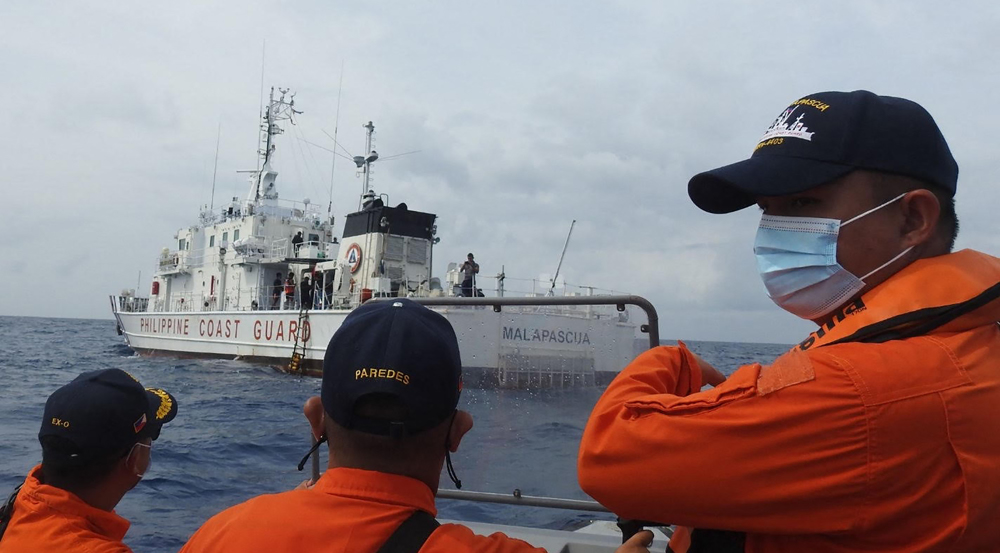
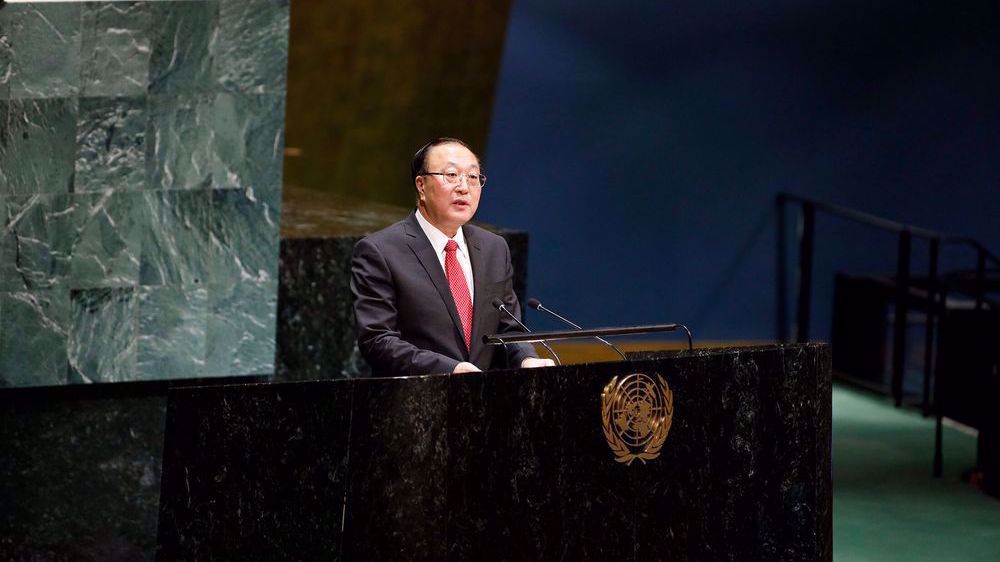
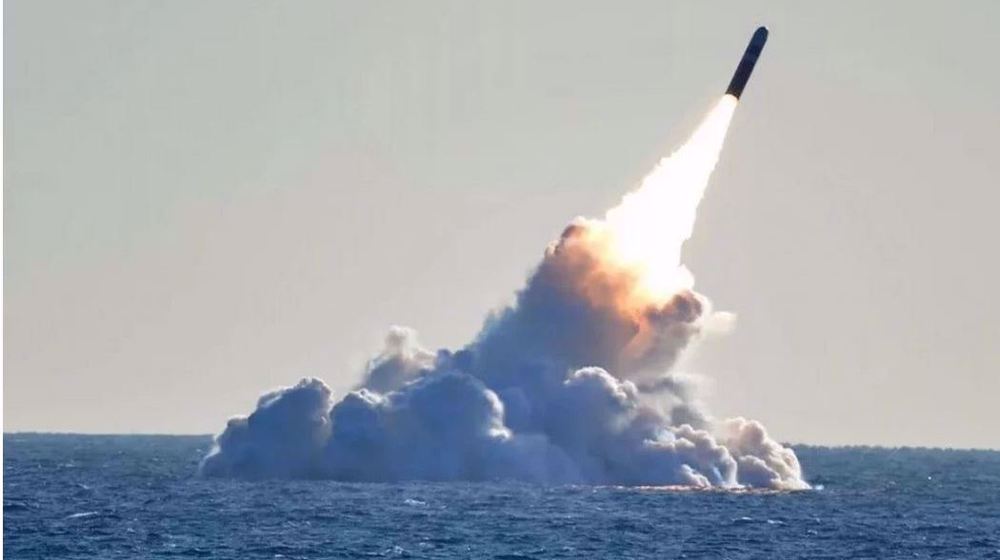
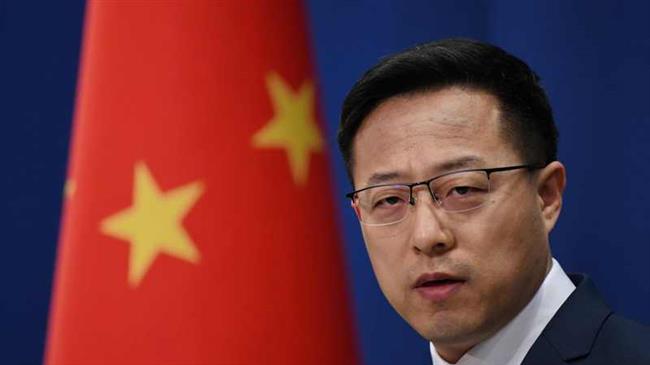
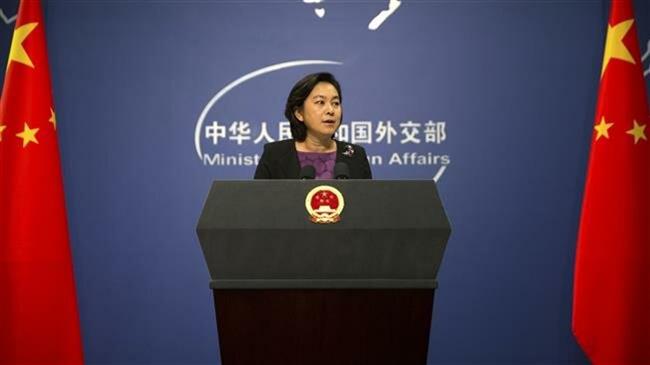
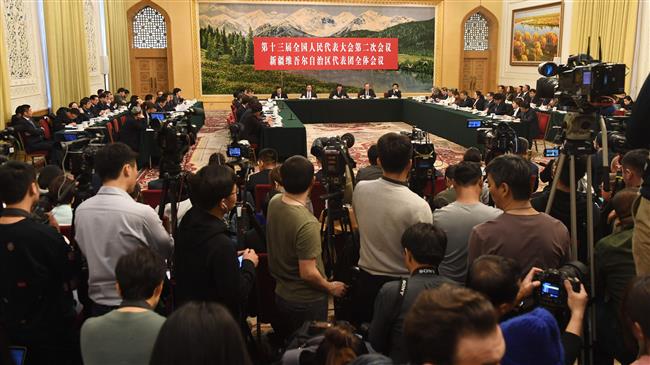

 This makes it easy to access the Press TV website
This makes it easy to access the Press TV website